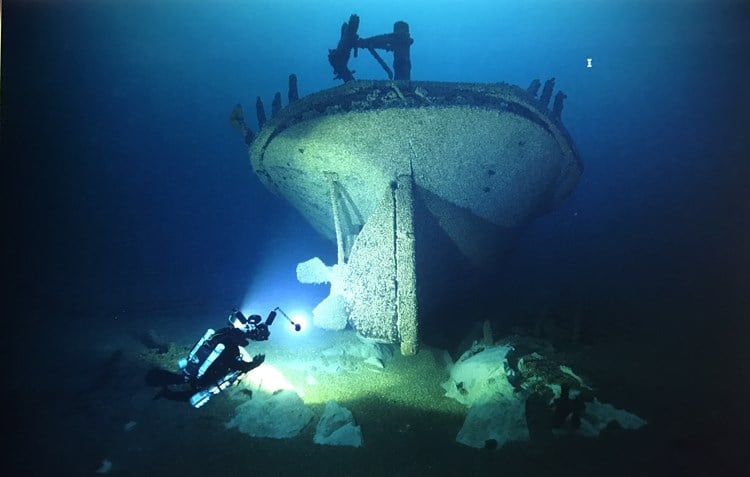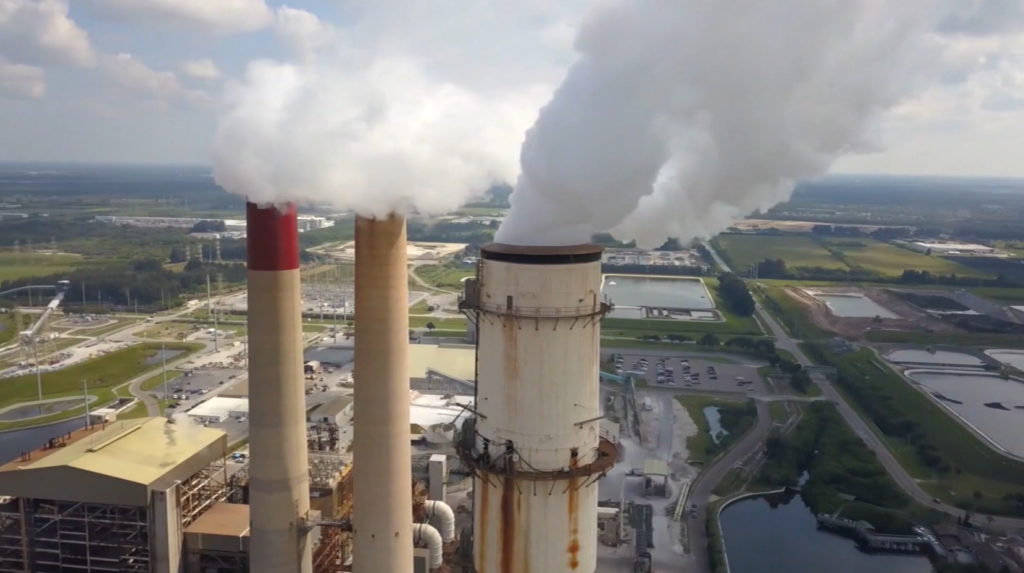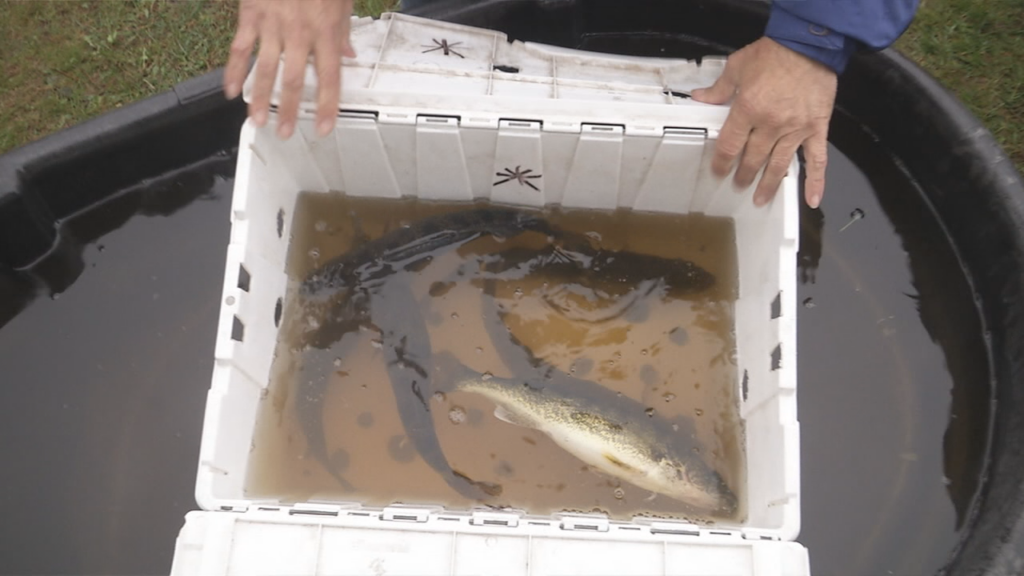City of Duluth’s First Climate Action Work Plan In Place
DULUTH, Minn. – The City of Duluth has its first ever climate action work plan.
City council members got their first look at it Monday, February 14, coming months after they passed a resolution declaring a climate emergency.
You can read the full plan here.
The plan is led by Mindy Granley, the city’s Sustainability Officer. “My job is to listen to departments’ needs, and then relate those to climate action. Help keep those things coordinated, help inspire projects and partnerships to keep climate action going.”
The five-year plan includes steps the city can take to lower its impact on the climate, as well as how to address future challenges as they occur. While the city’s past and present focus is on reducing carbon emissions by every department, the next step will be how to expand those efforts to private businesses, organizations, and homes.
“We can do things through our operations,” says Granley, “but we can also do things through incentives and funding and policies, and also just engagement and interaction with the public. So it’s my job to help inspire change through projects and partnerships.” Granley adds how fast the city can adapt to their plan will depend on how funding is allocated, which could include new state and federal grants. Projects that could be funded include incentives for homes and businesses to add solar panels, creating an electric vehicle charging infrastructure.
Overall, Granley says Duluth has what it takes to meet the challenges the city is likely to face as temperatures become warmer in the years ahead. “The will is here to make changes, to save energy, to reduce the impact of climate on our residents, and adapt our infrastructure; but it will take lots of funding to make sure that happens.
“Luckily, the funding that we need is not anything out of the ordinary. It’s the type of funding that we need just to take care of our infrastructure, to take care of our building, to invest in new equipment and our fleet. Its regular funding that is needed, but certainly we need more of it if we want to move quickly on climate.”
Granley also credits the current organizations in the area, such as Ecolibrium3 and Duluth Climate Mobilization, that are reaching out to her on ways they can see the city do its part to adapt to climate change, and how they can help the city get the word out about their work plan and action steps.







